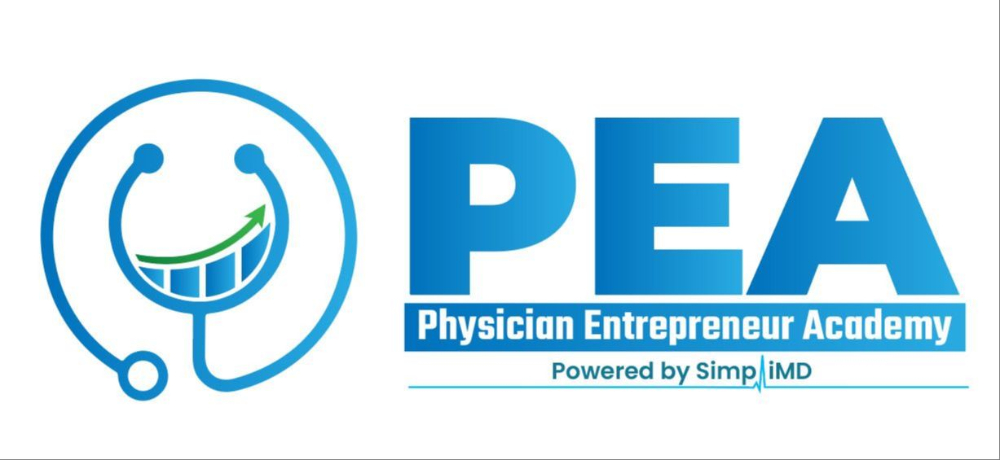The Hidden Gem of Retirement Accounts for Doctors: The HSA
Aug 07, 2024
As physicians, we are constantly on the lookout for the best financial strategies to secure our future. While 401(k)s and IRAs are commonly discussed, there is one often overlooked gem that deserves more attention: the Health Savings Account (HSA). Not only does it provide a triple tax advantage, but it also offers a flexible and powerful way to save for retirement. Here’s why the HSA should be a cornerstone of your retirement planning strategy.
The Triple Tax Advantage of HSAs
HSAs offer a unique triple tax advantage that makes them incredibly attractive:
-
Tax-Deductible Contributions: Contributions to an HSA are tax-deductible, reducing your taxable income for the year. For 2024, the contribution limits are $3,850 for individuals and $7,750 for families, with an additional $1,000 catch-up contribution for those aged 55 and older.
-
Tax-Free Growth: The funds in your HSA grow tax-free. Unlike other retirement accounts where growth can be subject to capital gains taxes, HSAs allow your investments to grow without any tax burden.
-
Tax-Free Withdrawals for Qualified Medical Expenses: Withdrawals for qualified medical expenses are tax-free, providing a significant benefit as healthcare costs continue to rise.
Flexibility and Long-Term Benefits
HSAs are not just about healthcare expenses. They can play a critical role in your retirement planning:
-
No Required Minimum Distributions (RMDs): Unlike traditional retirement accounts, HSAs do not have RMDs. This allows you to let your money grow tax-free for as long as you want.
-
After Age 65, Penalty-Free Withdrawals: Once you turn 65, you can use HSA funds for any purpose without incurring a penalty. While non-medical withdrawals will be taxed as ordinary income, this flexibility is similar to that of a traditional IRA.
-
Portability: HSAs are not tied to your employer. Whether you are employed or self-employed, you can continue to contribute to and manage your HSA.
Maximizing Your HSA
To fully benefit from an HSA, consider the following strategies:
-
Max Out Contributions: Aim to contribute the maximum amount each year to take full advantage of the tax benefits and growth potential.
-
Invest HSA Funds: Many people leave their HSA funds in a low-interest savings account. Instead, consider investing in a diversified portfolio to maximize growth.
-
Save Receipts: Keep track of all medical expenses and receipts. This allows you to withdraw funds tax-free at any time, even years down the line.
-
Use Other Accounts for Medical Expenses: If possible, pay for current medical expenses out of pocket and let your HSA funds grow tax-free for the future.
Case Study: Dr. Smith's HSA Strategy
Let's take a look at Dr. John Smith, a 45-year-old orthopedic surgeon, who has been maximizing his HSA contributions for the past 10 years. Here's how he does it:
-
Annual Contributions: Dr. Smith contributes the maximum amount to his HSA each year. For 2024, that’s $7,750, plus an additional $1,000 as a catch-up contribution since he turned 55. Over 10 years, he has contributed a total of $85,000.
-
Investment Strategy: Instead of keeping his HSA funds in a low-interest savings account, Dr. Smith invests in a diversified portfolio of low-cost index funds. Assuming an average annual return of 7%, his HSA balance has grown to approximately $120,000 over the decade.
-
Paying Out-of-Pocket for Medical Expenses: Dr. Smith pays for his medical expenses out of pocket, allowing his HSA funds to continue growing tax-free. He keeps meticulous records of these expenses, knowing he can reimburse himself at any time in the future.
-
Long-Term Growth: By letting his HSA balance grow and investing wisely, Dr. Smith projects that by the time he retires at 65, his HSA will have grown to over $250,000. This substantial amount will be available for tax-free withdrawals for qualified medical expenses, or he can withdraw it for any purpose with standard income tax applied.
Why Doctors Should Embrace HSAs
For both employed and self-employed doctors, HSAs offer unparalleled benefits. The triple tax advantage, combined with the flexibility of using funds for medical expenses or general retirement needs, makes HSAs an ideal vehicle for long-term financial planning.
Additionally, the growing concern over healthcare costs in retirement makes the HSA's tax-free withdrawals for medical expenses even more appealing. With the potential to save and grow funds tax-free, doctors can build a robust safety net for their later years.
A Call to Action
As a physician, you have a unique opportunity to leverage HSAs for your retirement. Embracing this powerful tool can significantly enhance your financial security. If you're ready to take control of your financial future and explore more about self-employment and building a flexible practice, check out our comprehensive course, "Creating a Practice Without Walls." This course is the ultimate guide to thriving as a self-employed physician, providing you with the tools and knowledge to build a successful and sustainable practice.
Ready to take your practice to the next level? Learn more about how to achieve financial freedom and build a thriving professional life with my course, "Creating a Practice Without Walls." Click here to get started today! Use the coupon code “EARLYBIRD” at checkout to save 50% on the course this month only.
By making strategic use of HSAs, doctors can enjoy a financially secure retirement while managing rising healthcare costs. Don't overlook this hidden gem – start maximizing your HSA benefits today!


